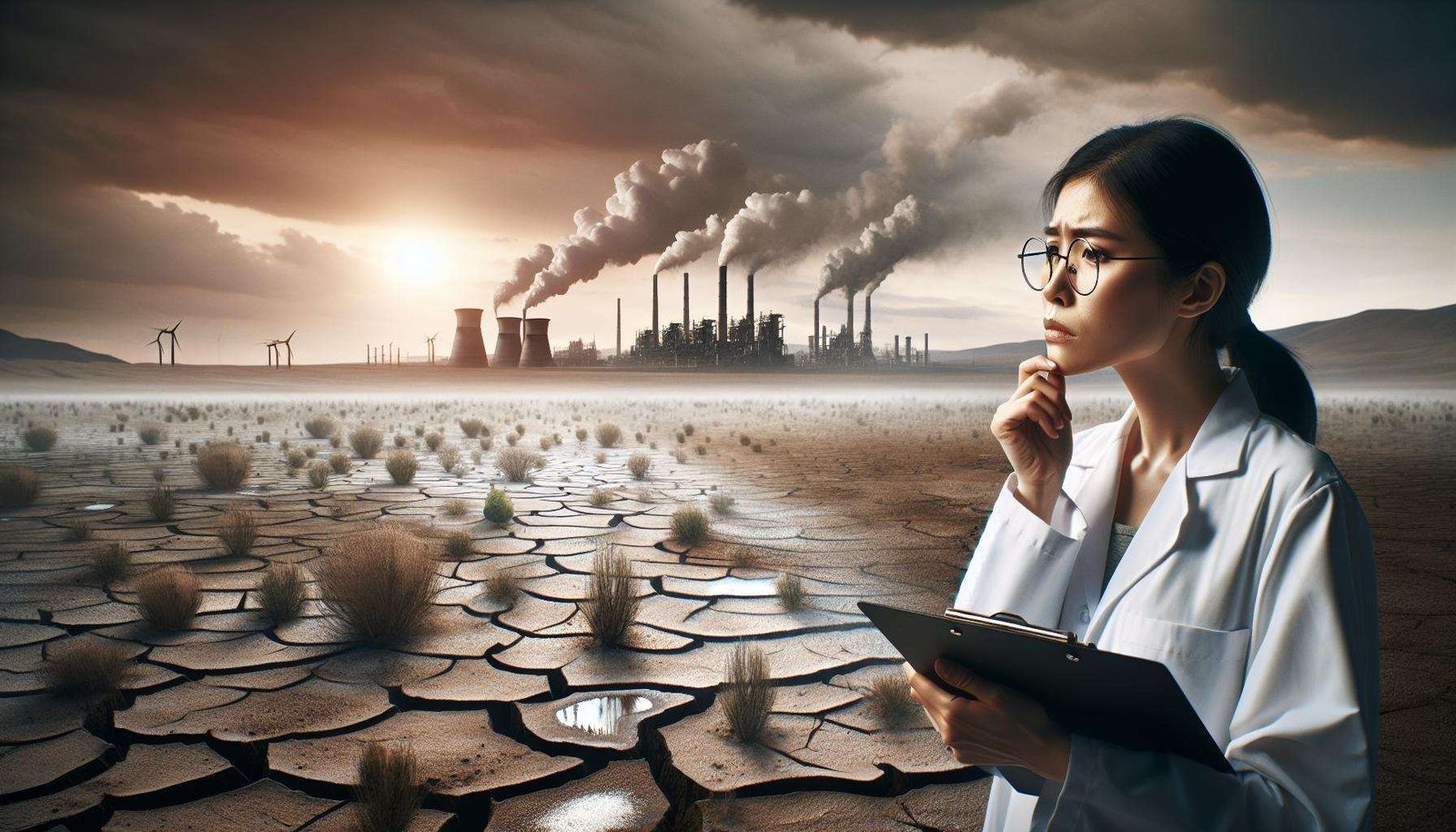
If this is not a war on science (and common sense) I don’t know what it.
In a significant outcry from the scientific community, over 1,900 scientists have expressed deep concern about the current state of science in the United States under the Trump administration. They (IMO rightly) warn that policies, attitudes, and actions taken during this period are “annihilating” the integrity and position of U.S. science on the global stage.
This issue does not only concern scientific professionals; it has profound implications for sustainability, the environment, and green innovation worldwide. In this article, we’ll delve into the impacts of these policies and what they mean for the planet, exploring various perspectives and potential solutions.
The Voices Behind the Warning
Over 1,900 scientists, many of whom are leading figures from diverse fields, signed an open letter to address their worries regarding the approach of the Trump administration toward science. This group includes prominent members from disciplines such as environmental science, biology, and climate science. The signatories emphasize that ignoring scientific evidence, cutting funding, and dismissing expert advice impairs scientific research and development, which is crucial for sustainable innovation and addressing climate change. The letter serves as a stark reminder of the responsibility that government holds to support and not hinder scientific progress.
Science and Policy Under Trump
One of the central allegations by these scientists is that essential policies are undermining scientific authority. An example includes the proposed budget cuts to the Environmental Protection Agency (EPA) and the National Institutes of Health (NIH). Environmental regulations that guide emissions and protect habitats have been rolled back. These actions have shifted the focus away from science-based policymaking, prioritizing short-term economic gains over long-term sustainability goals. Such a shift places both the U.S. and the rest of the world at risk by potentially increasing carbon emissions and accelerating biodiversity loss.
The Environmental Impacts
One major area affected by these policy shifts is climate change remediation. The U.S., known historically for its leadership in environmental protection, may now fall behind due to these regressive policies. The Trump administration’s withdrawal from the Paris Agreement marks a retreat from global efforts to combat climate change. This not only impacts global emission reduction targets but also sets a precedent that might encourage other nations to follow suit. Such actions could result in increased global temperatures and more extreme weather conditions, risking irreversible climate changes.
Understanding Greenhouse Gas Effects
Greenhouse gases, such as carbon dioxide and methane, are critical to understanding climate change. They trap heat in the Earth’s atmosphere, leading to the greenhouse effect, which warms the planet. While this is a natural process, human activities over the last century have accelerated it significantly. The burning of fossil fuels for energy, deforestation, and industrial activities increase these gases in the atmosphere, leading to harmful climate impacts such as rising sea levels and extreme weather patterns. The reduction or removal of policies designed to control these activities directly affects climate change mitigation efforts.
Sustainability and Innovation Challenges
The scientific community expresses concern that continued depletion of resources for research erodes the foundation for innovative solutions needed to combat environmental issues. Technologies in renewable energy, such as solar and wind power, have shown great promise in reducing carbon footprints. Innovations in battery technology and energy storage are vital for supporting these clean energy solutions. Without sustained investment and support, progress in these fields is threatened, leading to a reliance on outdated and polluting technologies.
Multiple Perspectives on Policy Implementation
While the scientific community is loud in its disapproval, others argue that deregulating industries and reducing governmental oversight can lead to economic growth and job creation. These voices claim that smaller government allows businesses to innovate freely without being bogged down by bureaucracy. However, critics argue that unchecked industrial practices often prioritize profit over environmental stewardship, which can have lasting global effects. Striking a balance between economic growth and environmental protection is crucial for sustainable development.
Renewable Energy Progress
Amidst these policy challenges, renewable energy continues to grow according to recent data on renewable energy trends. This growth is supported by technological advancements that have made wind and solar energy more economically viable and accessible. These renewable sources provide cleaner alternatives to fossil fuels and are essential in reducing the overall carbon emissions. However, without a supportive policy framework, meeting future energy needs through renewables becomes more challenging.
What Can Be Done?
To counteract the potential damage to science under the current administration, it is crucial for both the public and private sectors to recognize the value of sustainable practices and invest in scientific research and development. Grassroots movements advocating for green energy and sustainable policies can significantly impact political agendas, as public demand for cleaner initiatives grows. Public awareness campaigns and education about environmental change are also vital in building a society that recognizes the importance of sustainability.
Looking to the Future
Despite the challenges posed by existing federal policies, there is hope. Many states and local governments continue to implement stringent environmental regulations and invest in green technologies without federal support. Initiatives like community-based solar projects and state-level carbon trading schemes are examples of local actions making significant impacts. These efforts underscore the critical role that regional policies and contributions play in combating global environmental challenges.
Conclusion
The call from over 1,900 scientists isn’t just an alarm regarding the current state of scientific integrity in the U.S.; it’s a call to action for every individual who cares about the future of the planet. By prioritizing sustainability and science-based decision-making, it is possible to ensure a healthier environment for future generations. With ongoing efforts and collective resolve, positive change can still be achieved, ensuring that the planet is protected and preserved for all.
The post Over 1,900 Scientists Warn of ‘Annihilation’ of U.S. Science Under Trump Administration appeared first on Green.org.














